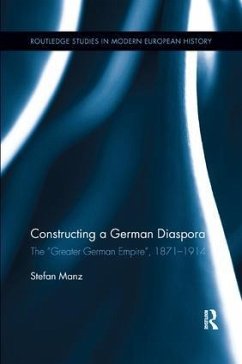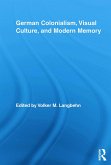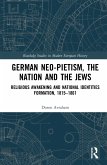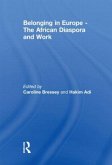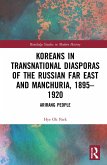German unification in 1871 had a significant impact on those Germans who found themselves living outside, or migrating across, the borders of the newly founded Empire. Migrants' redefined their relationship with their country of origin and were increasingly represented as outposts of 'Germanness' whose ethnic links with the mother country had to be preserved for their own and the Empire's benefits. Germans worldwide underwent a redefinition from geographically scattered and disparate groups to being a unified transnational 'community of spirit'. This book is the first to specifically focus on the construction of an imagined homogeneous and Reich-focused diaspora through public discourse. It shows the ways in which the 'Greater German Empire' did not remain a fictitious construct but became embedded in migrants' sense of national belonging and ethnic identity.

